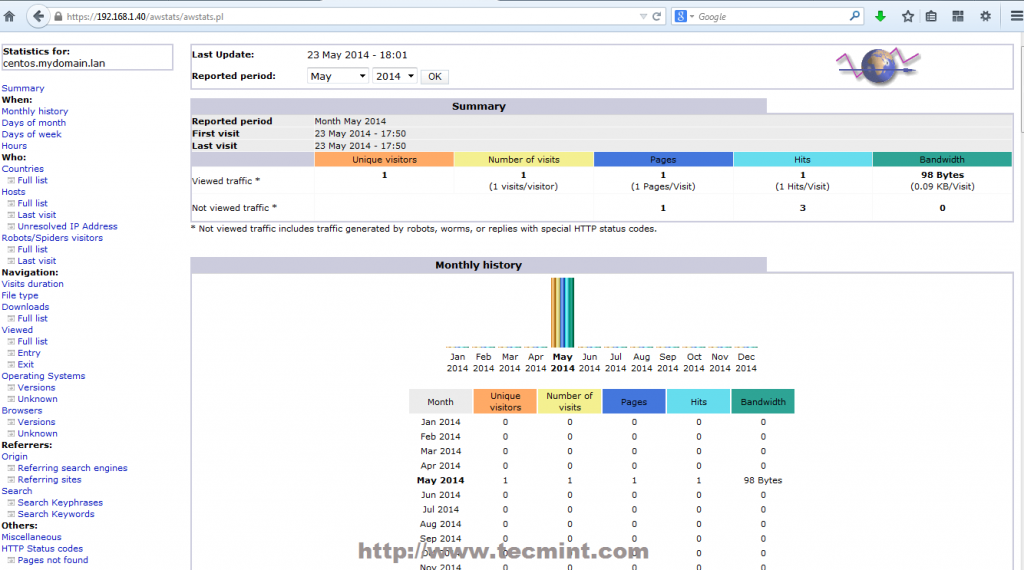
This tells awstats to run the logresolvemerge. The will be access from: /CMDAWSTATS// and does not require apache at all (DA emulates apache via environmental variables). AWStats awstatsconfigure 1.0 (build 1.7) (c) Laurent Destailleur This tool will help you to configure AWStats to analyze statistics for one web server. You can use inside your LogFile command like this: LogFile="/usr/share/awstats/tools/ /var/log/nginx/access.log /var/log/nginx/access.log.1.gz |" It will ask for series of questions, just input the necessary details.
#Awstats awstats pl software
It's a free software distributed with a GNU General Public License (See LICENSE file for details). AWStats comes with ABSOLUTELY NO WARRANTY. (eg, if you rotate nginx logfiles every day at 12, but have awstats run every day at 1, then whenever awstats runs the logfile will only contain what's been written since the last rotation). AWStats is a free web server logfile analyzer to show you advanced web statistics. You can then have awstats run once over this file (set LogFile appropriately).įrom then on, you should have awstats run over the most recent logfile - which is what your current configuration is doing.ĭepending on how often you are running awstats vs rotating nginx logfiles, you may want to have it read both the current logfile and the previous one. To merge all your existing ones, run perl /usr/share/awstats/tools/ /var/log/nginx/access.log* > /tmp/nginx.tmplog


The simplest thing to do is unzip all those files into a single file, then have awstats run over it once, then point awstats at your access.log file from then on.Īwstats normally has a script called, which can read the compressed files, and will merge them appropriately for awstats to do analsyis. What you probably want to do here is to analyze all these logfiles once, then keep analyzing only the current logfiles from then on.


 0 kommentar(er)
0 kommentar(er)
